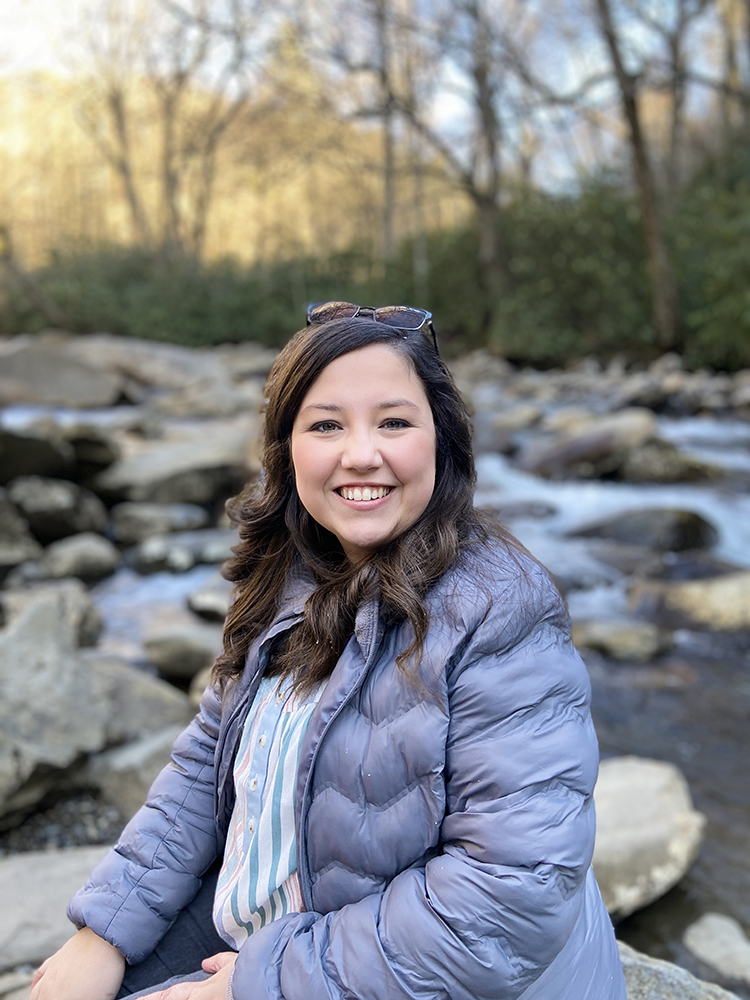October marks Spina Bifida Awareness Month, and the UAB Departments of Neurosurgery, Urology and Physical Medicine and Rehabilitation are sharing stories and experiences that challenge us to raise more awareness and support for those living with Spina Bifida.
This week, Elizabeth Collier shares more about her experiences with Spina Bifida and the transition from pediatric to adult care.
What has your journey with spina bifida been like?
“My name is Elizabeth Collier and I am twenty-seven years old. My journey with spina bifida has been a blessing. I have always viewed spina bifida as a gift from God. It has brought me closer in my walk with Him. I’ve never lived life without spina bifida, but I can’t imagine a day without it. It has also been a blessing because I have met so many people that I would have never met if I did not have spina bifida.
Some of my most favorite people have spina bifida, or they work closely with the organization. I would have never been able to go to the adult spina bifida camp without this condition. That is one of the BEST parts of this journey.”
What is a common misconception about those with spina bifida you want to dispel?
“A common misconception of those with spina bifida that I would want to dispel is that just because those with spina bifida walk or move around differently, that doesn’t mean that we are incapable of living a full, normal life. My friends and I are able to work, volunteer, water ski and do so many different things.”
Do you have advice for others with spina bifida who may be transitioning into adulthood?
“My advice to those transitioning to adulthood is to trust your guardians and doctors through the process. In addition, be confident that you will be successful as you transition to adulthood.”
How can family and friends be an advocate, especially during the month of October?
“Family and friends can advocate for spina bifida during the month of October by spreading awareness through social media. Social media is a great tool to raise awareness and to gain support for fundraising.
My family and I have enjoyed participating in the local bowl-a-thons and walk-n-rolls that have been held over the years. The events help tell the community about spina bifida. I enjoy participating in the fundraising and the events to spread awareness.”
How has the UAB Transitional Spina Bifida Clinic impacted you?
“The UAB transitional spina bifida clinic has impacted my life. I hated leaving the pediatric clinic because I didn’t think that anyone would ever know me or my condition like the pediatric clinic did. When I came to the adult clinic, I was greeted by friendly faces and knowledgeable doctors.
Dr. Powell, Dr. Blount and Dr. Wilson have been wonderful and have brought me just as much peace as the pediatric team did. Julie Baker is kind and wants to know the patients better and she is good at interacting with us. I feel this is important because even if it’s scary to transition, the staff cares about their patients. It is also important to mention that even as an adult, I still have Betsy Hopson on my team, and, that is my favorite part of the transition. She was there at my first adult clinic visit and she has not missed one since!”
